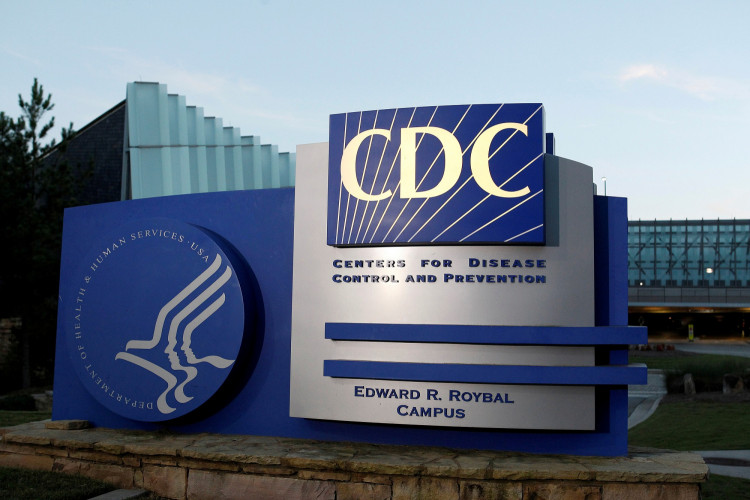The Centers for Disease Control and Prevention (CDC) has issued an alert to healthcare providers about a concerning rise in cases of meningococcal disease, a rare but severe illness caused by the bacterium Neisseria meningitidis. The alert, issued on Thursday, warns that the number of reported cases in the United States has reached its highest annual level since 2014, with 422 cases reported last year.
Meningococcal disease typically presents itself as meningitis, with symptoms including fever, headache, stiff neck, nausea, vomiting, and photophobia. It can also manifest as a bloodstream infection, known as meningococcal septicemia or meningococcemia, with symptoms such as fever, chills, fatigue, vomiting, cold hands and feet, severe aches and pains, rapid breathing, and, in advanced stages, a dark purple rash.
The CDC warns that although initial symptoms of the disease can be non-specific, they can worsen rapidly, and the disease can become life-threatening within hours. Even with appropriate antibiotic treatment, the fatality rate for meningococcal disease is 10-15%, and those who survive may experience long-term effects such as deafness or amputation.
As of March 25, 143 cases have been reported to the CDC since the start of this year, marking a significant increase compared to the 81 cases reported at the same time last year. Among the six meningococcal bacteria groups worldwide, including A, B, C, W, X, and Y, the four that circulate across the US are B, C, W, and Y. Currently, vaccines against A, C, W, Y, and B are available in the United States.
According to the CDC's alert, cases of the disease have been disproportionately occurring among 30- to 60-year-olds, Black people, and people with HIV. Of the 94 patients with known outcomes, a total of 17 died, marking an 18% fatality rate that is higher than the historical rate of 11% from 2017 to 2021.
The bacteria responsible for meningococcal disease are typically spread among people who share respiratory and throat secretions through coughing, kissing, or lengthy contact. The CDC emphasizes that people do not catch the bacteria through casual contact or by breathing air where someone with the disease has been.
In light of the rising cases, the CDC is urging healthcare providers to have a heightened suspicion for meningococcal disease, particularly among populations disproportionately affected by the increase. Providers should be aware that patients may present without symptoms typical of meningitis and ensure that all people recommended for meningococcal vaccination, including those with HIV, are up to date with their vaccines.
The CDC's alert comes amid a statewide outbreak of meningococcal disease type Y in Virginia, where 35 confirmed cases, including six deaths, have been reported since June 2022, according to the Virginia Department of Health.
As the number of meningococcal disease cases continues to rise, healthcare providers and the public must remain vigilant and take appropriate precautions to prevent the spread of this potentially deadly illness. The CDC's warning serves as a reminder of the importance of early detection, prompt treatment, and up-to-date vaccination in the fight against meningococcal disease.






